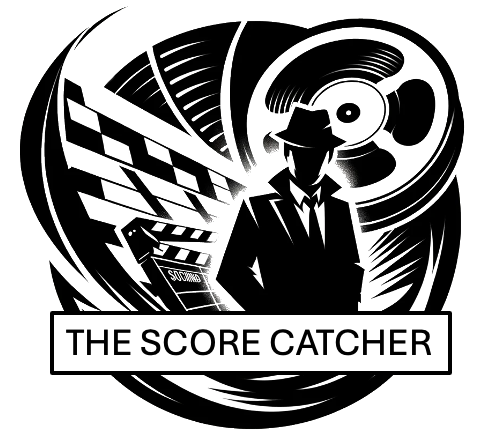Saturday, 12:35am, BBC2
Spike Lee’s Do the Right Thing (1989) remains a cinematic landmark, dissecting racial tension and social injustice in a Brooklyn neighborhood during one sweltering summer day. The film’s bold visuals and confrontational narrative expose the latent conflicts simmering in urban America, building to a devastating crescendo that speaks volumes about power, race, and resistance. Lee’s immersive direction captures both the vibrancy and volatility of Bed-Stuy, where community pride coexists uneasily with systemic inequality, creating an atmosphere that is both alive and on edge.

The film’s score, composed by Bill Lee, Spike Lee’s father, plays a crucial role in shaping the film’s emotional landscape. Bill Lee, a seasoned jazz musician, brings a deep understanding of the genre’s expressive potential, using it to underscore the film’s subtler tensions. Jazz serves as a counterbalance to the explosive energy of the dialogue and confrontations, often providing moments of reflection amid the chaos. His compositions are marked by languid, bluesy tones that evoke the history and soul of the neighborhood, yet their underlying tension mirrors the film’s slow-building conflict. The mournful saxophones and steady rhythms add a layer of introspection, highlighting the cyclical nature of racial strife in America.
The score contrasts with the bombastic force of Public Enemy’s “Fight the Power,” offering a more introspective, emotional counterpoint to the soundtrack's call for rebellion. Bill Lee’s jazz pieces evoke a sense of place, history, and community, grounding the film in a deeper cultural context. This balance between score and street-level reality elevates Do the Right Thing into a multi-dimensional experience, with the music’s quieter moments suggesting that the conflicts on screen are not just of the moment but part of an ongoing, unresolved American legacy.
- Daisy Rae
